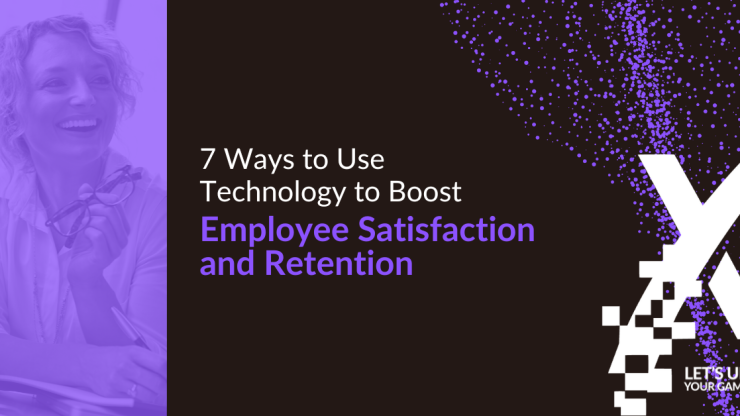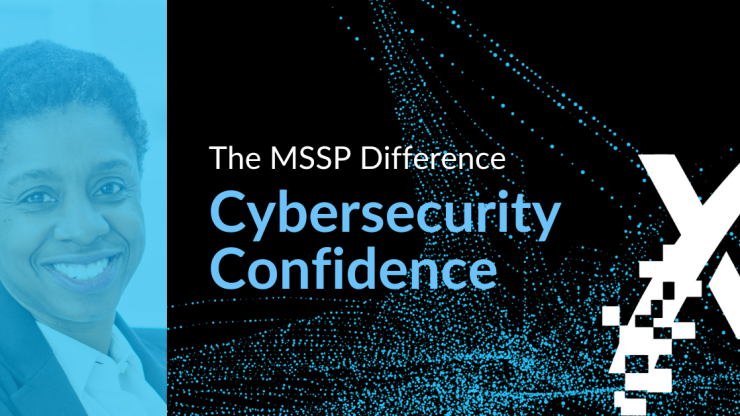
The CISA Says Stop These Bad Cybersecurity Practices Right Now
The Cybersecurity and Infrastructure Security Agency (CISA) has started a “Bad Practices” list and they’re beginning the list with two things that you need to stop doing right now. Stop using unsupported software and stop using weak passwords on accounts. Why should you listen to the CISA if your…

Can I Outsource Managed IT Services and Keep My IT Staff?
If you’re holding back on outsourcing Managed IT Services because you really don’t want to let go of your internal IT staff, there’s a solution that you may not have considered – use both. Having both outsourced and internal IT can bring you benefits that you can’t get when you go with one…

How to Get More From Your IT Budget
No one likes to waste money. If you knew that right now your organization was leaking money because of the way IT is managed, you’d want to plug the leak. Some of the ways that you can waste money are due to a lack of oversight on spending. Some are due to poor decisions. You might feel like you’re…

7 Ways to Use Technology to Boost Employee Satisfaction and Retention
The feelings that your employees have about work matter and their experiences can affect the bottom line of your company for better or worse. One very important component of employee experience is technology. Technology can either help people do their best work, or it can be a stumbling block that frustrates…

Security Operations Center (SOC) Explained
Airports have traffic control towers to monitor and manage the activity going in and out of the airport. The controllers have a deluge of information coming at them – from communications with pilots to weather forecasts. They’re trained to manage all of this information and use it to safely direct…

The MSSP Difference: Cybersecurity Confidence
Hope isn’t the same as confidence when it comes to cybersecurity. If you’re just hoping that your IT team has all of the cybersecurity bases covered for your organization, then you’re bound to have some sleepless nights wondering if tomorrow will be the day when you have to deal with the impact…
